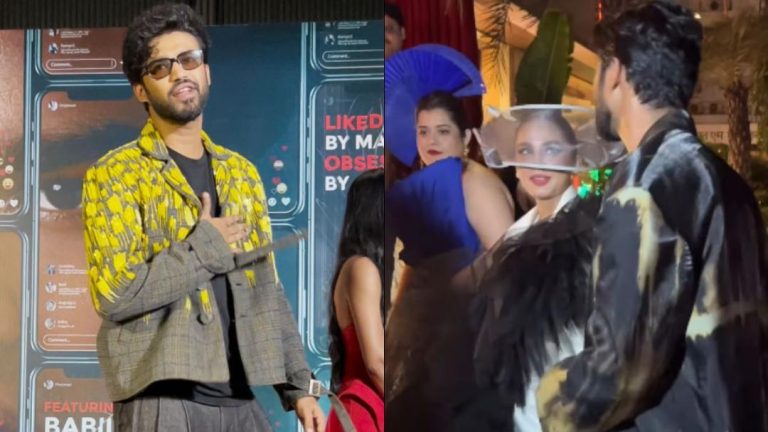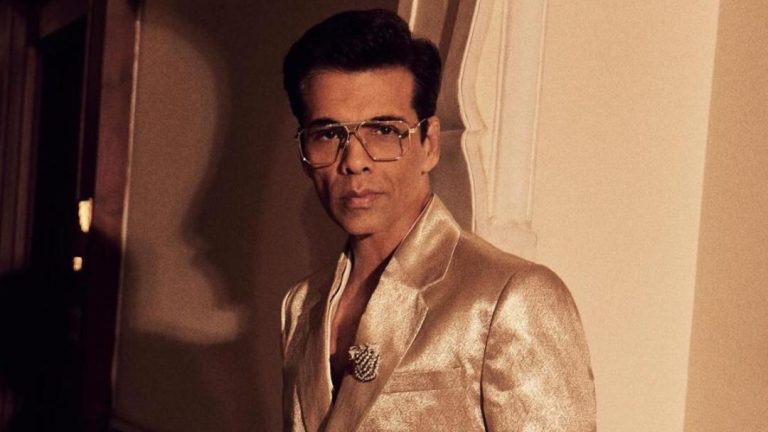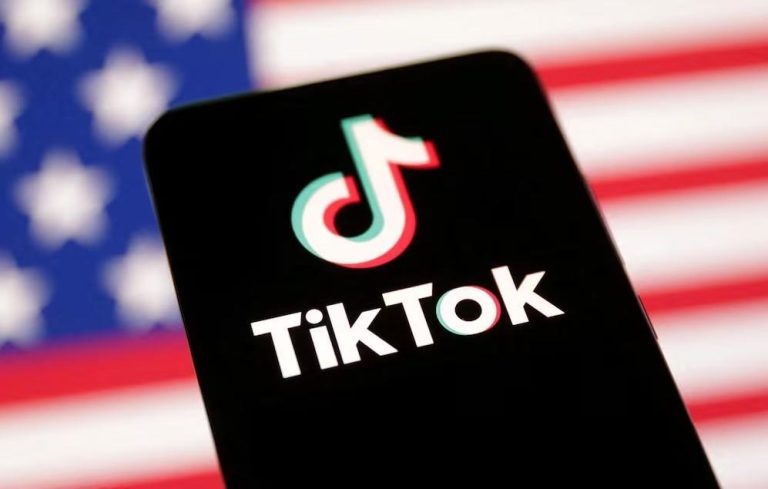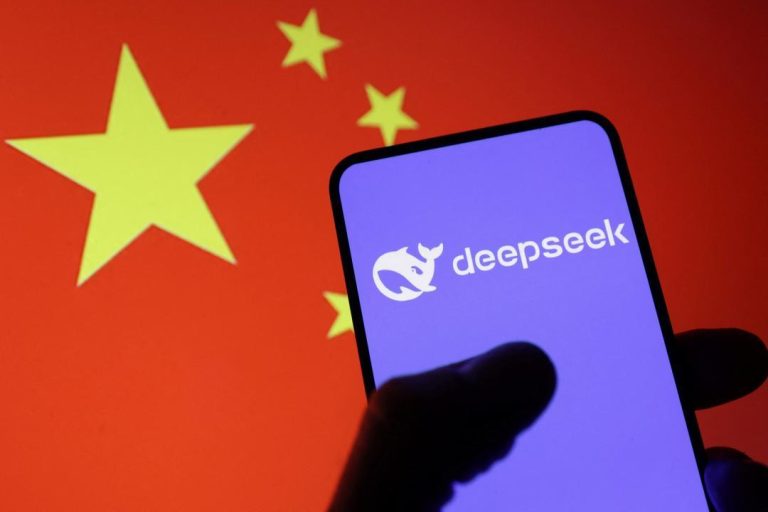
A Man Tracked My Address, Said ‘I’ll Do This-This to You’: Apoorva
The world of social media can be a daunting place, especially for content creators who put their thoughts and opinions out there for the world to see. But, for Apoorva Mukhija, a popular content creator, the experience has been even more terrifying. Recently, she opened up about the online abuse she faced after the controversy surrounding her web series, “India’s Got Latent”.
In an interview, Apoorva broke down while discussing the harassment she received. She shared that she had to read through her direct messages (DMs) and was left shaken by the graphic and threatening messages she received. “They’re all very graphic of how people would like to rape me, throw acid on me,” she said, her voice trembling.
But, what’s even more chilling is that a stranger went to the extent of tracking her address and sending her abusive messages. Apoorva revealed that a man texted her, saying, “I know you live in this building…I’ll do this-this-this to you.” The threat sent shivers down her spine, and she was left feeling scared and vulnerable.
The incident has left Apoorva shaken, and she is still trying to come to terms with the severity of the situation. “I felt so scared,” she said, her voice barely above a whisper. “I didn’t know how to react. I didn’t know who this person was or what he wanted.”
The incident is a stark reminder of the dangers of online abuse and harassment. It’s a reality that many women, especially those in the public eye, have to face on a daily basis. The anonymity of the internet allows people to hide behind their screens and spew out hate and abuse, leaving their victims feeling helpless and scared.
Apoorva’s story is a testament to the fact that online abuse is not just limited to cyberbullying or online harassment. It can be a physical threat, as evident from the fact that a stranger tracked her address and sent her threatening messages. The incident highlights the need for online platforms to take stricter measures to curb online abuse and harassment.
The Indian government has been taking steps to curb online abuse, including the introduction of the Information Technology (Intermediary Guidelines and Digital Media Ethics Code) Rules, 2021. The rules aim to regulate online content and ensure that intermediaries, including social media platforms, take down harmful content and report it to the authorities.
However, more needs to be done to address the issue of online abuse. Social media platforms need to take a stricter stance against online abuse and harassment. They need to have more robust reporting mechanisms in place to identify and take down harmful content. Additionally, law enforcement agencies need to take swift action against perpetrators of online abuse and ensure that they are brought to justice.
Apoorva’s story is a wake-up call for all of us to take online abuse seriously. It’s a reminder that online abuse is not just a minor issue, but a serious crime that can have severe consequences. We need to work together to create a safer online environment, where people can express themselves freely without fear of harassment or abuse.
As Apoorva said, “I didn’t know how to react. I didn’t know who this person was or what he wanted.” Her story is a testament to the fact that online abuse is not just a personal issue, but a societal problem that needs to be addressed. We need to come together to create a society that is respectful and safe for all, regardless of their gender, religion, or sexual orientation.
Sources:






